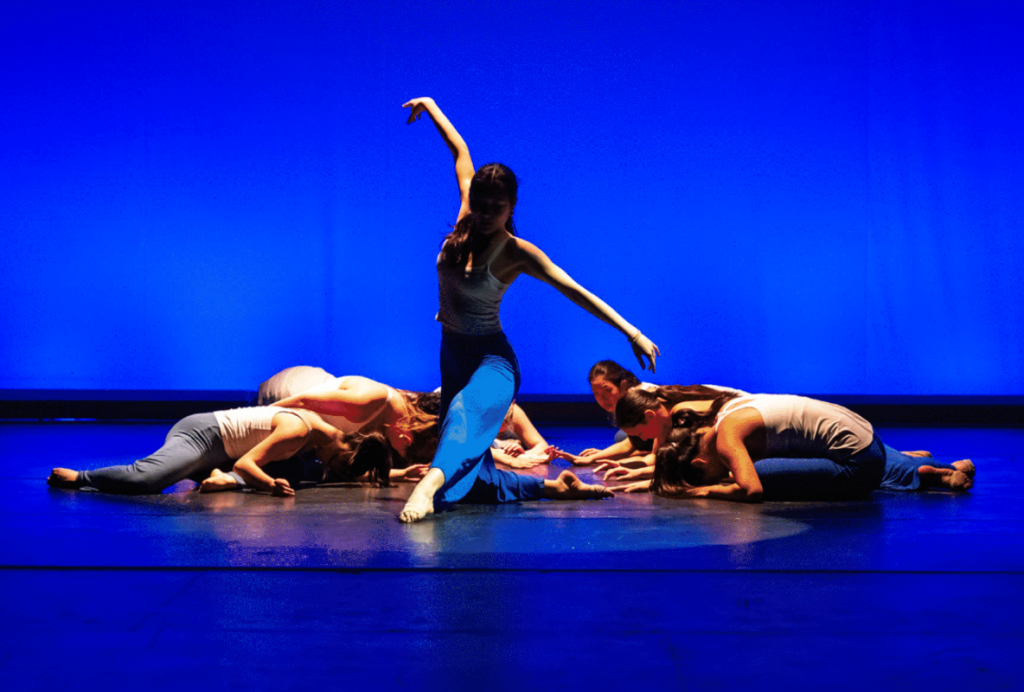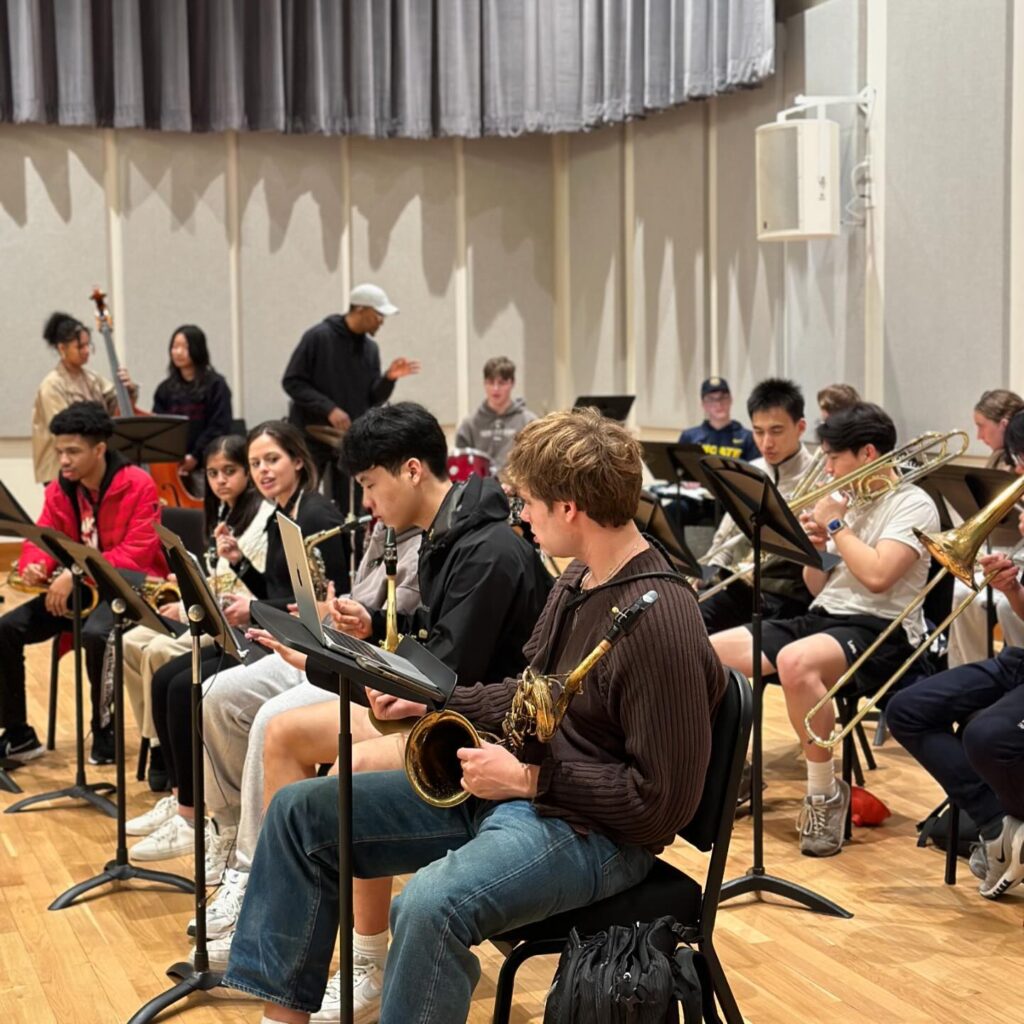This year, Mattie Drucker ’17 brought her artistic writing to Choate, first with her Directed Study, Advanced Playwriting and Screenwriting, and now with her play, Manzanas y Pecados, or Apples and Sins, specially featured in this year’s Spanish play.
Drucker studied abroad in Spain last spring, where she was inspired by El Siglo de Oro (the Spanish Golden Age), a time period when Spain’s art and literature flourished. The play was her final project assignment for English teacher, Ms. Kate Doak’s, online course in theatre. With her love of Spanish theater and inspiration from playwright Lope de Vega, Drucker didn’t want her dramatic composition to stop there. Ms. Nancy Burress, a Spanish teacher, aided Drucker in bringing Manzanas y Pecados come to life. She was excited to see the final product — her own words interpreted by her classmates and teachers. Drucker explained, “New Age writing is becoming less descriptive, thus giving the actors and the director endless possibilities to interpret their own characters.” Manzanas y Pecados also incorporated tactful themes of trickery and deception. Drucker said, “It was everything I had imagined and more.
This year’s Spanish play also featured Los Aretes de la Luna (The Moon Earrings), written by Gabby Garcia. This composition tells the heated and waning relationship between the Sun and the Moon. It begins with the Sun and the Moon married and in love. However, the Sun then notices Venus and cheats on his wife. After a fiery argument with the Moon, the Sun zaps the Moon with his fire, distorting her face. By the end, the Sun and the Moon express their ardent desire to be together again, before going their separate ways as the Sun sets and the Moon rises.
The play ends with the Moon’s silver tears being transformed into earrings. Sabastian Chacon ’19, the narrator of the story, said that he initially joined the production in order to improve his Spanish but was surprised by how much fun he had with the literature and the other actors. He said, “Not only did I learn Spanish, but I got to be so creative and funny. I had such a good time in this performance.” Chacon explored the text and different acting techniques with his peers and described how they were able to connect with the audience by making bold acting choices and experimenting with different voices and volumes. Los Aretes de la Luna explores the themes of nature and the power of love beyond beauty and time, adding a touching and heartfelt piece to the Spanish play and complementing Drucker’s piece perfectly. ¡Qué maravilla!



